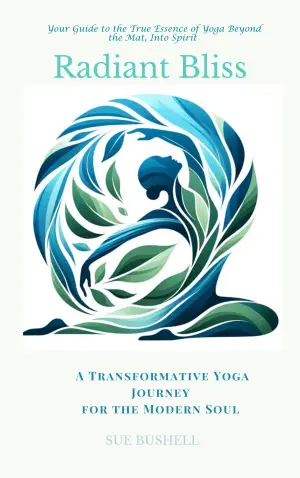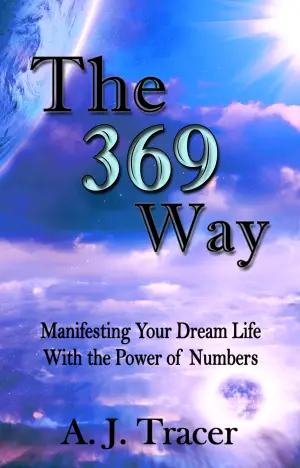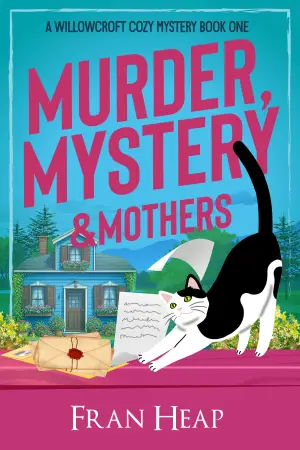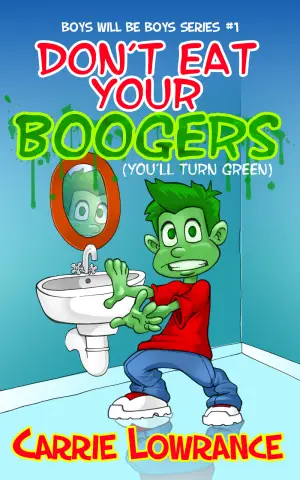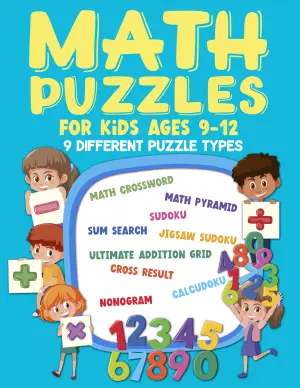The World After Gaza: A Short History – A Deep Dive into Troubling Narratives
Picking up The World After Gaza: A Short History by Pankaj Mishra was a personal journey for me, driven by a desire to better understand a topic that’s become tumultuous in contemporary discourse. With the rising tensions and global reactions to events in Gaza, I was curious about how history has shaped our current perspectives. Mishra’s work promised a reflection on these complexities, and I found my emotions riding a wave, from outrage to sorrow, as I explored the overlapping narratives he presents.
Mishra dives deep into a landscape rife with historical grievances, historical figures, and contemporary actors that shape our understanding of Israel and Palestine. The title itself is poignant; it beckons readers to not just consider the history of this conflict, but also to grasp its implications for the future. I appreciated his examination of how external influencers, like celebrities or politicians—with the example of Jerry Seinfeld’s controversial photo op—can trivialize deep-rooted struggles. This backdrop of power dynamics and the moral quandaries they bring forward is something that resonates with many of us, especially those seeking justice.
The prose is reflective yet incisive, unearthing the raw emotions tied to the narratives. Mishra’s style engages readers, prompting them to confront uncomfortable truths about the geopolitical landscape. For instance, he critiques how media portrayals can skew public perceptions—take, for example, the pressing questions raised about reporting on civilian casualties in Gaza. The quote that struck me hard was the assertion that the brutality inflicted often goes hand-in-hand with justifications rooted in outdated ideologies. Such statements remind us of the significant power language holds in shaping our realities.
Despite its compelling themes, I felt that the book occasionally falters in depth. I had hoped for a more thorough dissection of key historical events—Zionism, the Nakba, various wars, and humanitarian laws—without the feeling of being rushed. Mishra’s approach, which sometimes veers into name-dropping, left me yearning for deeper insights. In contrast, works like Ahed Tamimi’s They Called Me a Lioness provide a raw, personal account that resonates with a more profound sense of lived experience.
Even so, The World After Gaza does provoke reflection. It echoes discussions about anti-Zionism and the moral implications of historical narratives—topics that have plagued many thinkers, including formidable voices like James Baldwin. The way Mishra interlaces these complex discussions with contemporary cultural references made me realize just how connected we all are in this discourse, however unsettling it may be.
I believe this book finds its audience in those who are wrestling with these controversial subjects—readers desiring not just to skim the surface but to engage in meaningful dialogues about injustice and historical memory. While it didn’t fully satisfy my quest for robust historical context, it certainly provoked thought and conversation.
Ultimately, The World After Gaza is an invitation—a call to grapple with the tangled legacies of conflict and the stories we tell ourselves. It left me pondering my own perspectives and ignited a curiosity to delve deeper into understanding the myriad voices that continue to shape this long-standing struggle. If that sparks your interest, then this book might just resonate with you, too.
Discover more about The World After Gaza: A Short History on GoodReads >>




